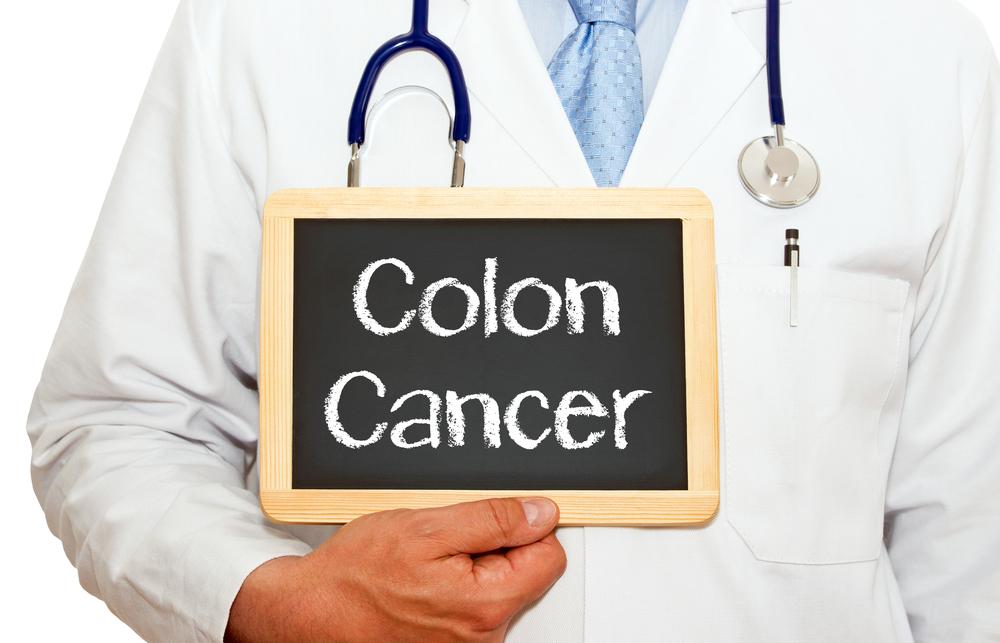
Risk Factors for Colon Cancer
Statistics indicate that approximately 150,000 Americans get diagnosed with colon cancer on a yearly basis. Even though the medical community is not able to tell you if or when you will get colon cancer, by understanding and evaluating your risk factors you can determine your own likelihood of developing the disease further down the line. If you have determined that you are at a higher risk of getting this cancer, you should consider the possibility of getting a stool test officially known as a colonoscopy.
When DNA in the cells within the rectum mutate, it leads to the development of colon cancer. In many cases, most of the mutated cells are attacked by the immune system. In some instance they may evade the immune system and grow to develop a tumor. Even though the exact root cause of this type of cancer is unknown, there are several risk factors for colon cancer which can be linked to it, including tobacco use, alcohol use and diet.
1. Lifestyle
Diets which consist of a high consumption of red processed meats such as beef, lamb and hot dogs increases your chances of getting this cancer. In addition to that, grilling, broiling and frying meats at very high temperatures may lead to the production of chemicals which contribute to a higher risk as well. On the flip side, if you choose to partake in a high fiber diet you can reduce your risk. Another lifestyle factor to evaluate is your level of physical activity. It’s a known fact that people who choose to live a particularly sedentary lifestyle experience a higher risk. Besides that, heavy alcohol use has been strongly linked to the likelihood of developing this cancer after years of abuse. Smoking on the other-hand can lead to the consumption of cancer causing chemicals which enters the body when you swallow while smoking.
2. Genetics
Shared environmental factors and inherited genes can increase your risk. As such, if your family has a history of this type of cancer, you should consider getting a colonoscopy on a yearly bases by the time you reach the age of 40. In some instances, your risk could be higher if you inherited a syndrome which is linked to this type of cancer as well. The most commonly linked inherited syndromes are non-polyposis colorectal or HNPCC and familial adenomatous polyposis or FAP. Other common syndromes that increase your chances are Turcot syndrome, lycnh syndrome and peutz-jeghers syndrome.
3. Race
Your ethnic and racial background also plays a role as well. For instance, African Americans in particular, have the highest risk of developing this condition. Ashkenazim Jews also share this high risk. If you fall under either of these two ethnic backgrounds your doctor may recommend that you start getting regular colonoscopies by the age of 40 as opposed to 50 which is what is recommended for the rest of the world.
4. Additional causes
Some other risk factors for colon cance may include:
- Age: Even though this cancer can manifest itself at any age, the chances of getting it significantly increases by the age of 45. In fact, 95% of call cases occur after the age of 45.
- Inflammatory bowel disease (IBD): Having and IBD, such as crohn’s disease or ulcerative colitis can increase the likelihood of getting this type of cancer.
- Obesity: Being overweight increases your risk.


